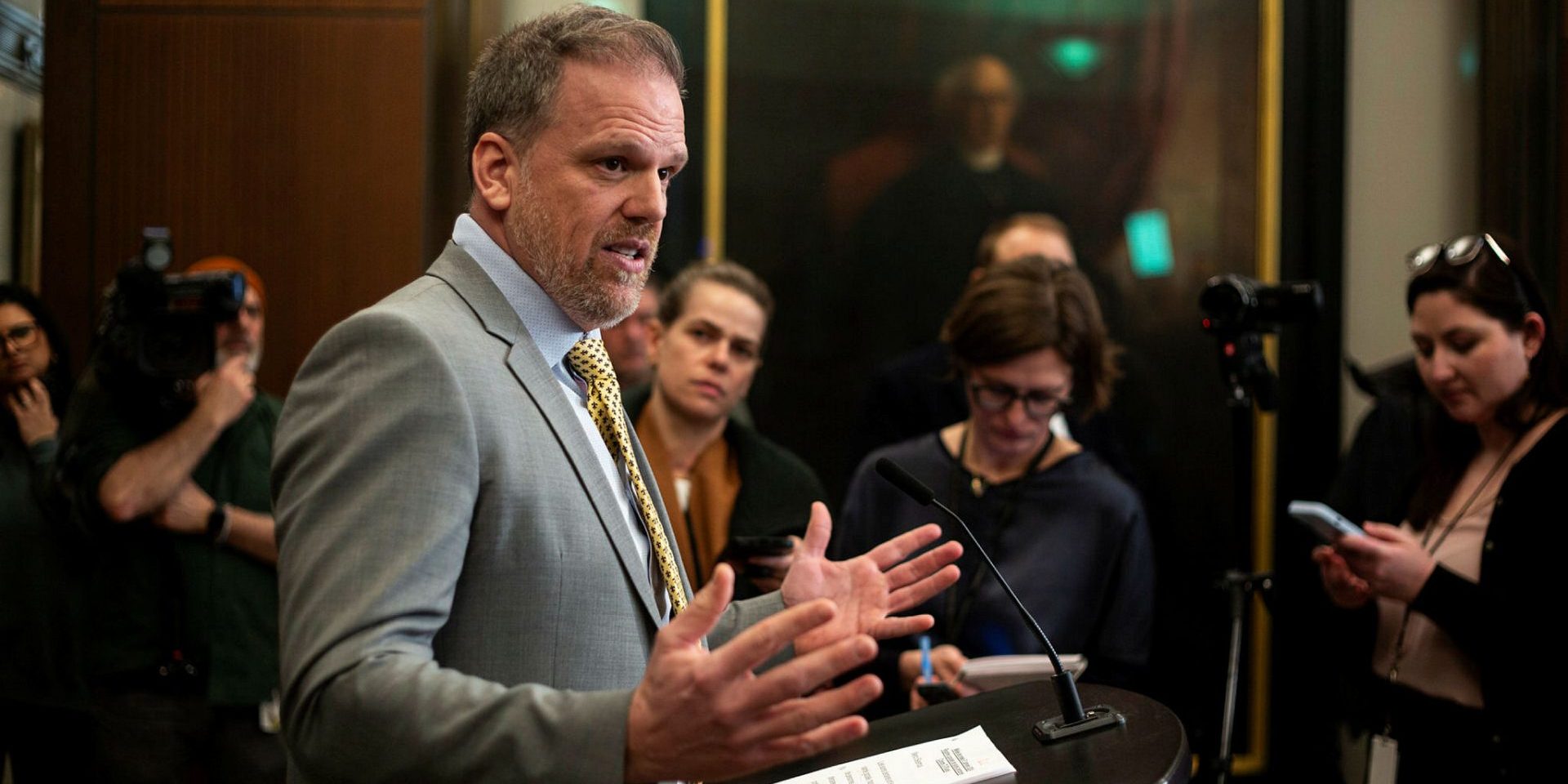Canada needs a complete pandemic preparedness strategy

Canada suffered through the COVID-19 pandemic, experiencing negative impacts that may have been mitigated if we had been better prepared. Our experience with the SARS outbreak about two decades earlier should have resulted in a more effective and robust response to COVID-19. Especially considering the excellent report by Dr. David Naylor, which outlined the lessons learned from SARS, and provided a readiness framework for future pandemics.
Somehow, that advice had not been adequately translated into readiness.
Unlike the United Kingdom and Australia, Canada has not yet introduced a comprehensive, independent expert review of our federal and provincial responses to the COVID-19 pandemic, despite calls by many to do so.
Indeed, the only response by the federal government has been commissioning a report chaired by Sir Mark Walport from the U.K. Although not comprehensive in scope and depth, it listed 12 recommendations for improving Canada’s pandemic readiness.
The commissioned report strongly indicated that: “To be prepared for the next health emergency and improve overall health outcomes for Canadians, there is an urgent need for the federal government to act now to build on previous efforts and make significant improvements to the approach to science advice and research co-ordination.”
While it has been months since the Walport report was tabled, to our knowledge, no specific policy or pandemic preparedness actions have been taken to follow through on its recommendations.
The sad reality is that there were more deaths from COVID-19 in Canada than deaths from the Second World War.
However, there are no memorials for the dead from COVID-19. There has been little formal regard for the families who lost loved ones. There is also little solace for the thousands yet to recover from the devastating effects of long COVID.
There are not even public tributes for the tens of millions of lives saved by the innovation of Dr. Pieter Cullis, the Canadian whose discovery research led to the development of the nano-envelope needed to create mRNA vaccines.
The increasing threats of global pandemics cannot be underestimated. For example, the mutations recently found in the H5N1 virus that have enabled animal-to-human transmission suggests that it may evolve to allow human-to-human transmission.
The only hope for a better defence against the threats of the next pandemic is for us to create a comprehensive pandemic preparedness strategy. This must be built on a robust discovery research-based investment that is the source of effective solutions to the challenges of infectious disease impacts.
Unfortunately, unlike its global competitors, Canada is not investing in building our discovery health research capacity. The need to do this has long been recognized by the health research community, and calls for action have been loud and clear for years. For example, the Fundamental Science Review of 2017 noted that: “the Government of Canada should rapidly increase its investment in independent investigator-led research to redress the imbalance caused by differential investments favouring priority-driven research over the past decade.”
Some six years later, the Bouchard Report stated: “Without internationally competitive funding for investigator-initiated research, Canada will fall behind in an increasingly competitive global marketplace and lose its status as an international magnet for talent and a research collaborator of choice.”
It is precisely independent investigator-led discovery research that enabled Cullis’ work to lead to effective mRNA vaccines, and even that of Canada’s most recent Nobel laureate in Physics, Geoffrey Hinton, for his discoveries leading to artificial intelligence.
Recently, the federal government promised a 30 per cent boost in research funding over five years.
The reality is that this is too little, too late. Most of the proposed research funding increase will only take effect well into the future. For example, the increase for 2024-25 funding of the Canadian Institutes for Health Research is 1.7 per cent. Not only does it not increase the desperately needed amounts, but it also does not keep up with inflation.
The recent fall fiscal update has proposed tax incentives to enable businesses to exploit AI and other innovations for productivity and economic benefit. However, no consideration has been given to adequately support the research enterprise that will provide the discoveries on which these products will be based. Simply put, you can’t build a widget if you haven’t invented it yet.
For over two decades, expert reports recommending that this country increase its investments in discovery research to keep up with our global competitors and support our nation’s health and wealth have been largely ignored.
Again, from the 2003 Naylor report on SARS: “The Canadian experience with SARS reminds us that the investigation of an epidemic is research—research conducted at a feverish pace.”
The 2003 report also supported “ongoing and greater investments in ‘curiosity-driven’ research, and noted “critical capacity for epidemiologic investigation and outbreak response is built partly by nurturing the related and fundamental science.”
And another pandemic is likely just around the corner.
We call on the government to please tell Canadians why it is not doing what we know needs to be done to be prepared for the next pandemics and to strengthen discovery research endeavours?
Dr. Stanley Kutcher is a Canadian psychiatrist and an Independent Senator for Nova Scotia. John Bergeron is the emeritus Robert Redford professor, and a professor of medicine at McGill University. Kathleen Dickson is a former chief technician from the Montreal Neurological Institute.
The Hill Times





 LICENSING
LICENSING PODCAST
PODCAST ALERTS
ALERTS


